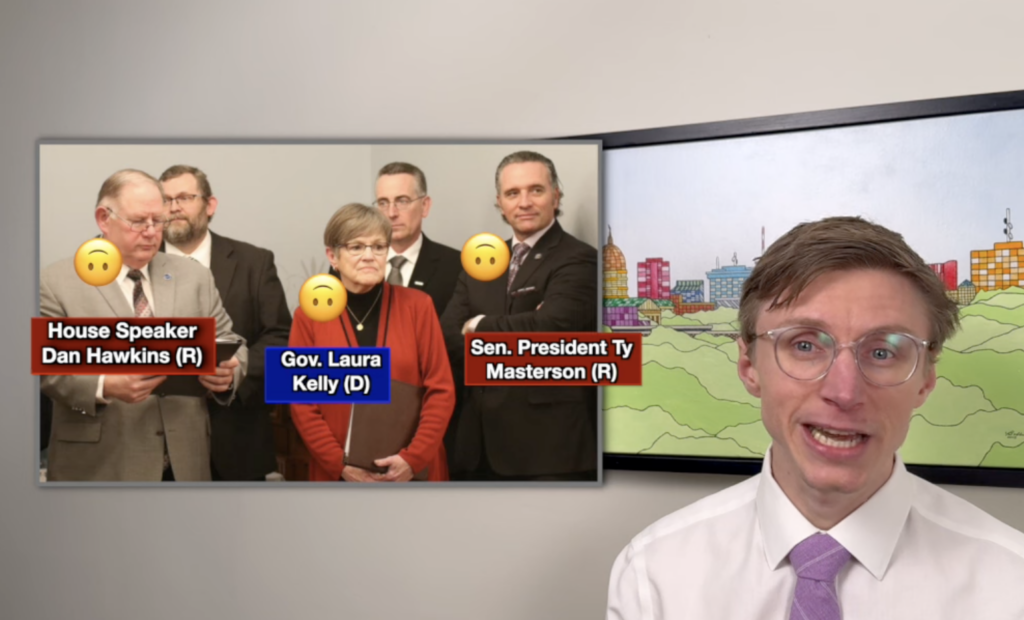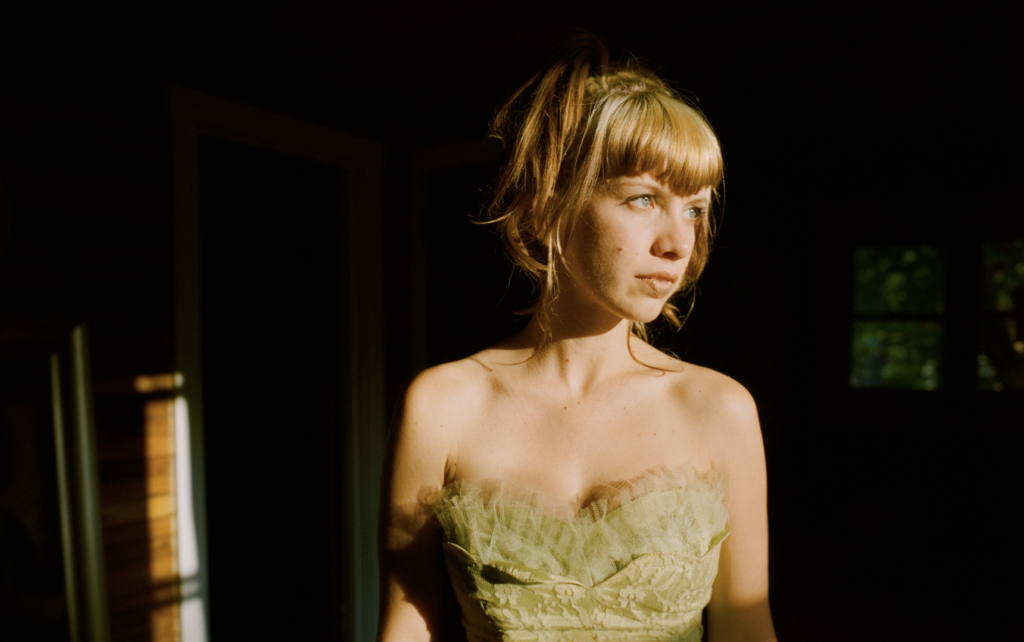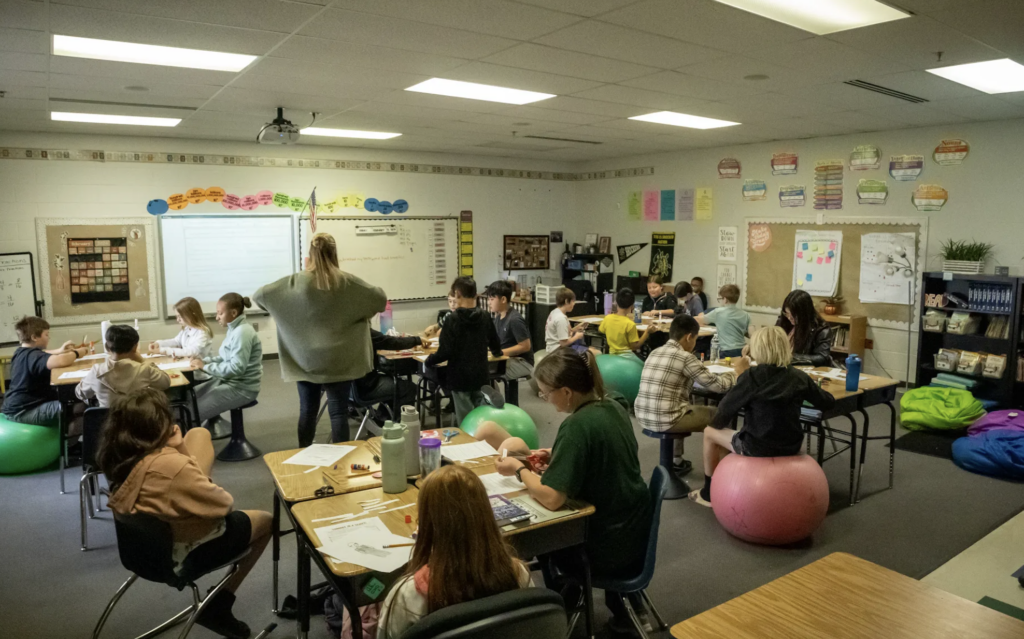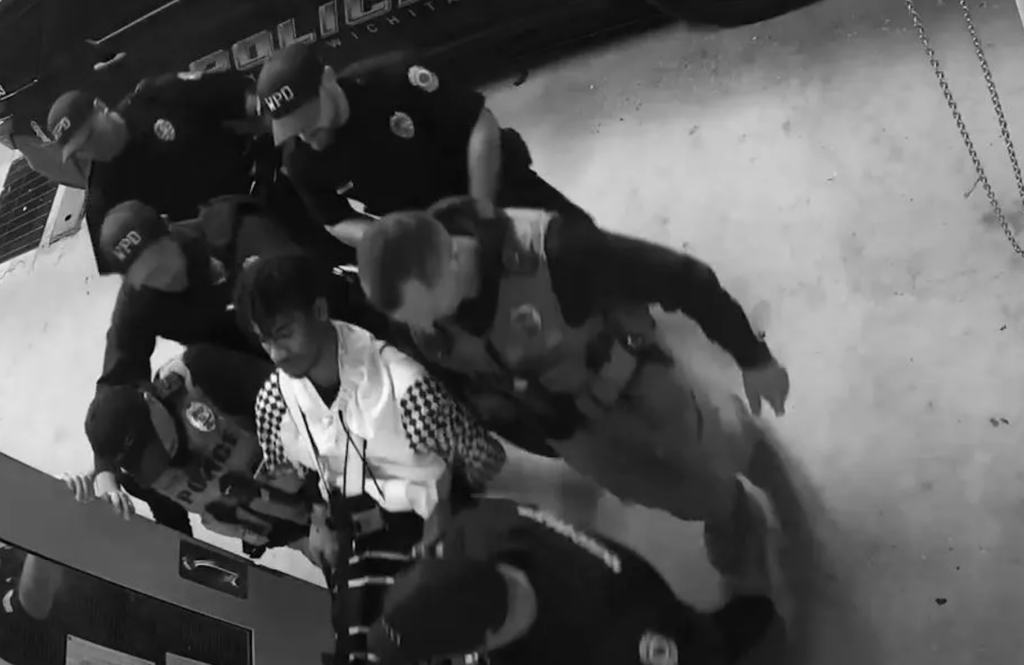Andrea Gibson’s Truce never surrenders


Andrea Gibson lays out certain truths that often go unsaid. She talks gender, sexuality and class. On Truce, the spoken-word album that she put out last October, the 37-year-old poet and activist swings in like an unexpected garden-party guest who points out a bouquet of dead flowers. More than on her previous five releases, she pushes past surface-level politics to deliver intensely personal revelations at a furious pace. Put simply, Truce knocks the wind out of you.
Ahead of Gibson’s show Monday night at Czar, I called the artist at her Boulder, Colorado, home.
The Pitch: You get pretty dark on this album. There’s a poem called “The Nutritionist,” which addresses suicide, and another called “Panic Button Collector,” detailing your anxiety. How did you arrive at those?
Gibson: Typically, when I do a show, it’s about 60 to 90 minutes, and when I’m talking to folks after a show, selling merch and stuff, usually that lasts about two hours. Usually talking to people takes up the majority of the night. The night is as much me listening to people as it is me talking when I’m up onstage, and the last year, I’ve just done more listening. I’ve done that throughout my career, just paying attention to what’s not being said. And for myself, just struggling with depression and anxiety throughout my life, I realized that that wasn’t something that I was saying out loud. And when I started to listen to what people were saying to me each night, I just realized that not enough folks were talking about it.
This [Truce] is the first time that I’ve talked directly about anxiety and depression and thoughts of suicide.
With “The Nutritionist,” that poem is probably the poem that I’ve needed to write for the last 10 years and just haven’t — God, just have been afraid to speak about it publicly. And then I got over that.
Your poetry and your activism are tightly linked. What is your goal in talking about the things you do and in taking up those causes?
I had a professor years ago in college ask me if I had to write, when I was 20, and I remember thinking, “You know, I don’t think I have to write,” and then he said, “Well, then, don’t bother. If you don’t have to write, then don’t bother.”
I remember being shocked by that. But at this point, writing and performing for years, when I write something down now, it always feels like it’s something that I have to write. I just notice something going on around me or in my community or in the world, and it reaches a certain point of having the poem in me and needing to get it out.
My goal is to speak about the things that I’m passionate about. I worked with a group called Vox Feminista for 10 years, and that was how I started to write, so I was discovering this political world at the same time that I was discovering poetry. Their model was to comfort the disturbed and disturb the comfortable, and I’ve carried that with me through all my years of writing. I get up here and I’m thinking, “I want to comfort the disturbed and disturb the comfortable in every room I’m performing in.”
What responsibility do you have to your audience and representing yourself as an artist?
Right now, my responsibility as an artist is to tell the truth in terms of how I see it, and also to be constantly willing to listen a lot more than I talk. I’m finding, as I get older, that each year I know less than I knew the year before in terms of what I’m certain of. So I think as an artist, just being willing to commit to wondering and to commit to curiosity and to not come to my work with as many answers as I come to it with questions.
You want to know something? What’s so funny about this whole thing is that I am typically so terrible at interviews because when I started writing poetry, when I was growing up, I could never articulate myself. And even now, I’m 37, and I have a hard time talking in conversation, even when I’m talking to my friends and I’m trying to talk to them about how I feel about a particular subject. And I’ll have written about it, and I can talk about it comfortably within the context of a poem.
I started writing poetry because I had so much that I thought and so much that I felt and so much that I wanted to express and get out, and whenever I tried to open my mouth in conversation, I could never get it out right. And so now, whenever I do an interview, I think, “Wait a minute, this is why I’m writing the poem. Because I don’t know how to talk about it.” This is why I write poems — I’ve never been able to talk the way I wanted to talk.




